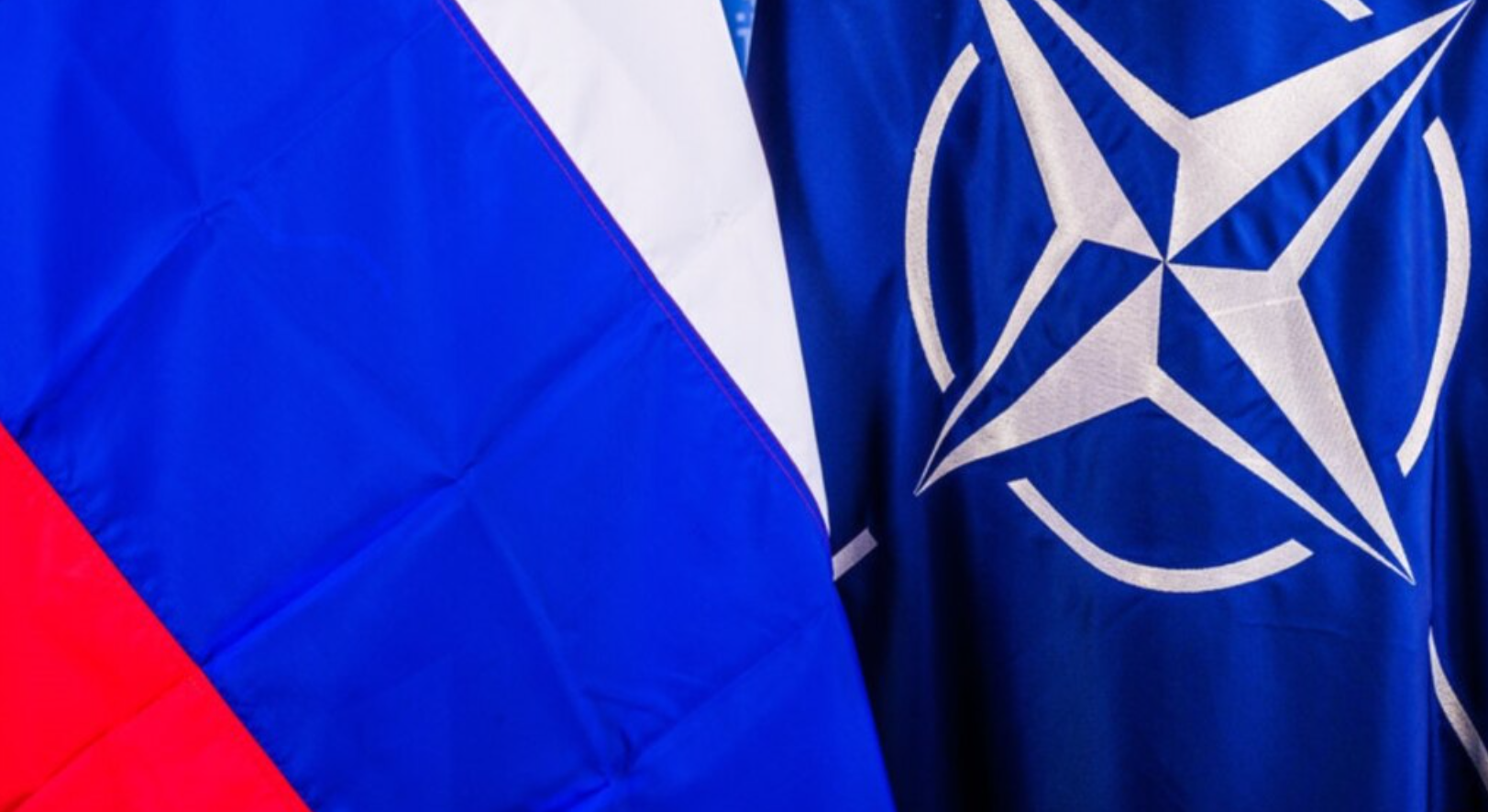Disputes within NATO escalate over reaction to Russian provocations
24 September 23:40
NATO allies are unable to develop a common position on how to respond to Russia’s numerous airspace violations. The debate has escalated after Russian fighter jets entered the airspace of the Baltic States and Eastern Europe several times. Bloomberg writes about it, "Komersant Ukrainian" informs
Germany’s position: avoiding the “escalation trap”
German Defense Minister Boris Pistorius said that NATO allies risk falling into Putin’s “escalation trap” by firing at Russian aircraft. He urged the partners to act carefully, warning against hasty decisions:
“Demanding to shoot down everything that appears in the sky is the worst way to go. Common sense is not a sign of weakness, but a responsibility to your own country and to peace in Europe,” Pistorius said in Berlin after meeting with his Swedish counterpart, Pal Jonsson.
Berlin is convinced that restraint will avoid a direct confrontation with the Kremlin.
Poland and the Baltics: a show of force
Instead, Poland, Latvia, Lithuania, and Estonia insist on a tougher response.
Polish Prime Minister Donald Tusk said that Warsaw is ready to shoot down any air threats:
“There can be no room for discussion,” he emphasized.
Latvian President Edgars Rinkēvičs called on NATO to “show strength” in response to Moscow’s actions.
After the GPS attack on the plane with the Spanish Defense Minister, Lithuania announced the need to move from air patrol missions to air defense.
Finnish President Alexander Stubb urged allies “not to overreact, but to be firm enough, because the only thing Russia understands is force,” he said in an interview with Bloomberg TV.
The United States: conflicting signals
Washington’s position remains uncertain.
During a meeting with Volodymyr Zelenskyy at the UN, President Donald Trump said:
“Yes, I support shooting down Russian planes that violate NATO airspace.”
At the same time, he clarified that support would depend on the circumstances.
U.S. Secretary of State Marco Rubio reminded that NATO’s policy is to intercept, not destroy, aircraft if they are not carrying out attacks.
Thus, there are differences between the White House and the State Department.
Why the situation is dangerous
Several incidents have occurred in recent weeks. Three Russian fighter jets spent more than 12 minutes in the sky over Estonia.
Earlier, Russian drones entered the airspace of Poland and Romania. In August, even the European Commission’s plane with Ursula von der Leyen had problems due to GPS interference.
Analysts emphasize that without a clear strategy, NATO risks losing its deterrence capability.
The Kremlin and Moscow’s reaction
Against the backdrop of Trump’s more aggressive rhetoric, the Kremlin claims the Russian economy is “stable and resilient.”
Putin’s spokesman Dmitry Peskov called the US statements “interference in the situation” but emphasized that Moscow expects to avoid further direct American involvement in the war.









